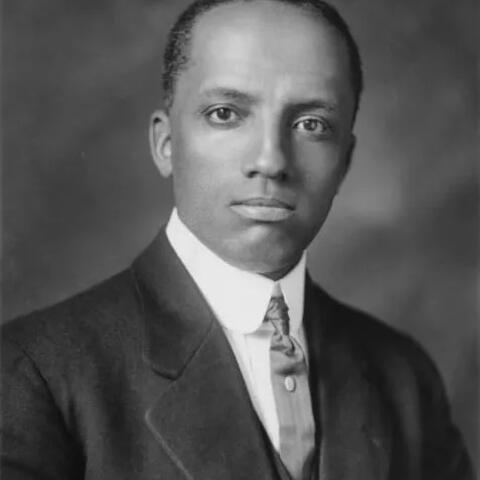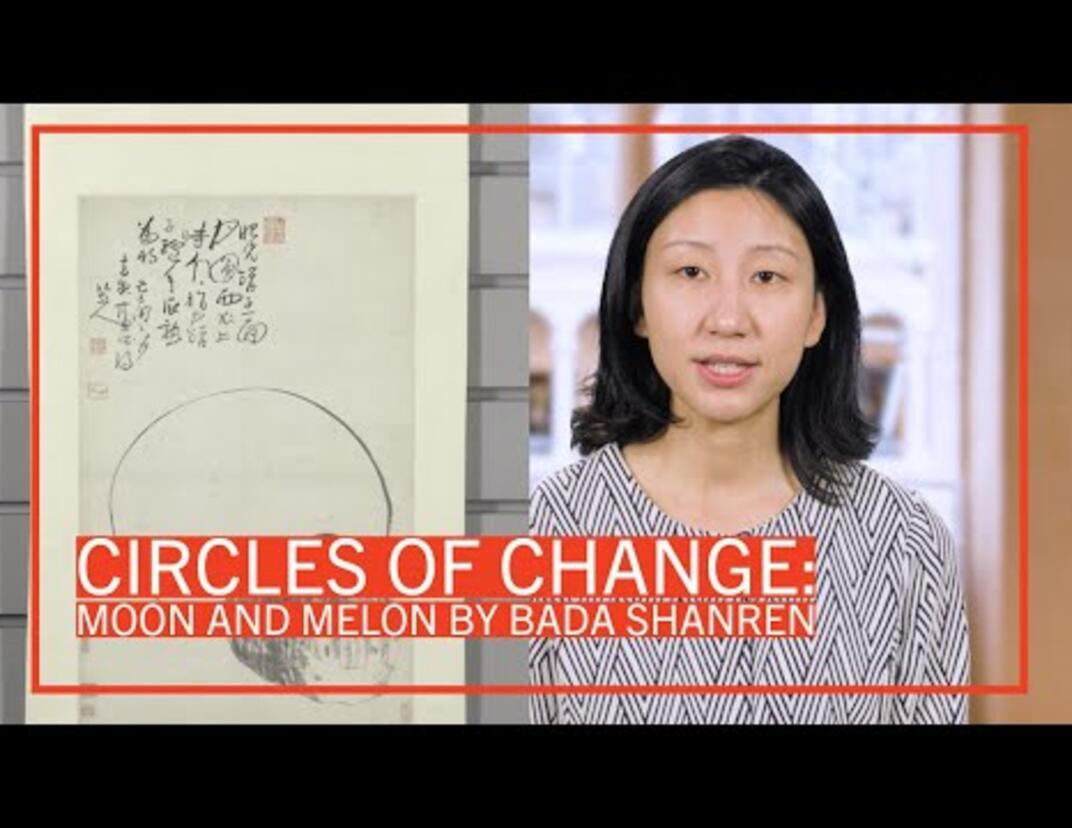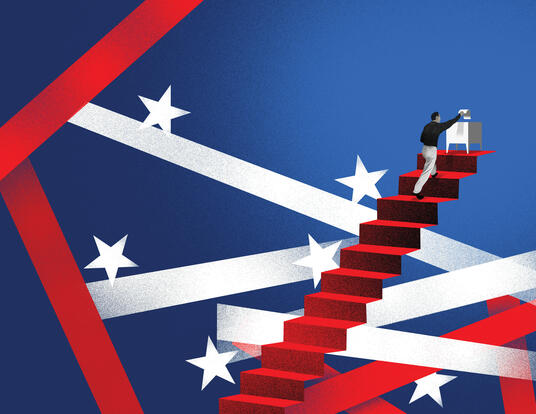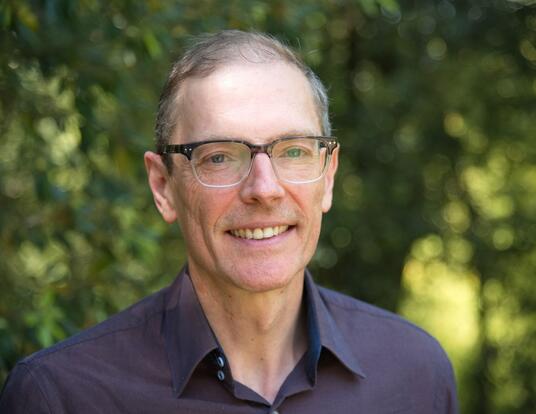The Future of the Study of Religion
Harvard PhD candidates discuss the future of their field
Austin Lee Campbell thinks a lot about dying.
No, Campbell doesn’t plan to shuffle off his mortal coil any time soon. A hospital chaplain, Campbell is on emergency call to comfort grieving families and to pray at the bedsides of dying patients as they succumb to terminal illnesses.
A PhD candidate in religion, Campbell believes dying in hospitals is hard, not just because mortality can be tough to face; medical institutions use language that makes dying a win or lose proposition. “We fight a ‘war on cancer’ or a ‘battle against heart disease’,” he says. In our final moments, our focus is on the lost struggle, and we fail to acknowledge the value of a life well-lived. Campbell argues that we need new ways to comfort patients in their final moments.
“What on earth do you tell somebody who is facing death,” Campbell asks, “and, ultimately, help them to live all the way up to an end that feels meaningful?”
Campbell’s academic research focuses on what makes dying in hospitals and other medical institutions emotionally painful, and suggests that classical and medieval consolation literature contains insight into better ways to console cancer and other terminally ill patients at the end of their lives.
This interdisciplinary approach reflects one direction scholarship in religion is taking, combining the study of faith with research in other disciplines—the classics, economics, environment, gender studies, international relations, literature, and political science—to tackle contemporary issues.
A Changing Focus

As scholars of religion increasingly pursue work outside the typical confines of the field, there’s been an equal surge of interest in the subject from researchers in other disciplines. Since 9/11, students studying business, economics, and politics are keenly interested in learning about world faiths, believing they hold the key to understanding global events. In response, religion departments have to develop courses to meet these needs, experts say.
This interest from inside and outside the discipline is driving the conversation about the future of religious study. “I think one of the things the study of religion has to do is increasingly pay attention to interdisciplinary approaches,” says Anne E. Monius, a professor of South Asian religions and a faculty member of the Committee on the Study of Religion. Religious studies must continue to concentrate on the present world.
Religion doesn’t operate independent of social, cultural, economic, and political concerns, Monius explains, and neither should the discipline that studies it. “Religious studies has to think about the ways in which, in the contemporary world and in history, religion has not operated in a hermetically closed or isolated sphere that is untouched by politics or economy or broader issues of society.”
The connectivity is apparent in her classroom, where Monius teaches “Contemporary Conversations in the Study of Religion.” The spring seminar’s main purpose is to get “students to think about their work and its broader contribution to the study of religion,” Monius says.
Because religious study has already become so interdisciplinary, it’s a challenge to find common topics for her students. “What is popular in ethics might be old hat to someone working in South Asian religion or Muslim studies,” Monius says. As a solution, she focuses on recent award-winning books.
A Greater Role
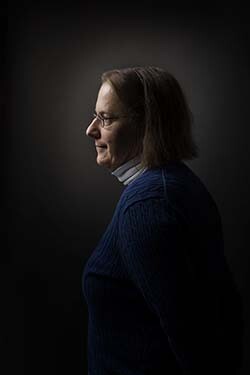
Monius is not alone in her conviction that the study of religion must embody an interdisciplinary approach in order to maintain relevance. Mara Block, a PhD candidate in religion, agrees.
“I think there’s dawning recognition that religion continues to play a role in social and political contexts,” Block says. “That is what I think is exciting and important about the future of the study of religion. There’s this fundamental point that religion shapes social, political, military, and ethical worlds.”
Block’s research combines the fields of religion and medicine, and delves into the work of psychiatrists and Christian pastoral counselors, who deal with issues of sexuality, including homosexuality, in mid-20th century America, addressing core questions about how medicine, science, and religion shape people’s lives.
Block describes her scholarship as a departure from traditional religious studies, due in part to her use of historical documents and case histories that include those of Presbyterian minister Anton Boisen, the father of clinical pastoral education. Block examines the evolution of therapy’s purpose from the 1950s and 1960s, which ranged from helping homosexuals cope with emotional distress to asking if they could change their sexual orientation.
“What’s really interesting is that Christian pastors take up questions that many people are still interested in today,” Block says. “Many writing in the 1950s and the 1960s asked questions like: What is homosexuality and what causes it? What does it mean to ‘treat’ it? How does it impact religious lives and the religious and sexual identities that they entail?”
Campbell also believes religious studies must continue to be part of the search for answers to modern-day questions.
“I think interdisciplinarity is a valuable part of the study of religion right now, and I think it is only growing,” says Campbell, who plans on teaching after receiving his doctorate.
While a chaplain intern at a Boston hospital in 2009, Campbell noticed the frequent use of military metaphors—such as, the “battle with cancer”—by the medical establishment. He also recalls reading of a pharmaceutical CEO referring to death as a series of preventable diseases. This kind of talk, Campbell contends, reduces life from a series of meaningful experiences to death as an experience without meaning.
Instead of reaching for contemporary counseling guides, Campbell first turned to the early Christian theologian Augustine for answers. Just as battles have winners and losers, Augustine confronted advocates of dualism—the Manichaeans, a religious group who stressed the presence of good and evil, light and dark. Now, Campbell is turning to classical and medieval authors who wrote about facing imminent death. He’s reading Boethius, the sixth-century prisoner condemned to death for treason and author of “The Consolation of Philosophy.”
“I want to know, how can we really live up to an end that we can foresee and is inevitable,” Campbell says. “How do you not throw up your hands in despair? Is it possible, is it desirable?”
It’s not just about hospitals, medicine, and death. Campbell’s research may apply to environmental crisis, too. “It’s a good thing that people prevent unnecessary death,” Campbell says. “But the flip side is, what do you do when it becomes clear the end is near, whether it’s pancreatic cancer or melting ice sheets?”
The Way of the Future
Both Campbell and Block helped organize this year’s “Ways of Knowing” conference, an annual student-run event that promotes interdisciplinary discussion of prevailing assumptions (both within and outside the academy) about the differentiation, organization, authorization, and reproduction of various modes of knowing and acting in relation to religion.
One panel discussion, titled “The Future of the Study of Religion,” addressed trajectories, trends, and challenges facing the academic study of religion, and reflected upon the discipline’s future. The three religion experts on the panel expressed concern about the independence of religion departments, cautioning that programs risk losing their distinctiveness and blending into other humanities departments.
Francis X. Clooney, the Parkman Professor of Divinity and professor of comparative theology, director of the Center for the Study of World Religions, and a Catholic priest, believes that people who teach religion must also practice some form of it. “A person who has no religious practice will probably end up in a humanities department, because in some way there has to be a tug of religious identity,” said Clooney. Melding, he argued, was as inevitable “as the melting of the icebergs.”
Janet Gyatso, Hershey Professor of Buddhist Studies at Harvard Divinity School, praised the effects of other disciplines on religious studies. “We have an enormous amount we can learn from scholars—literature showing how to read religious text, anthropologists who tell us about human society,” Gyatso said. “It’s all to the good.”
But Gyatso, too, worried about religion departments losing their identity. “I think it would be a shame to lose the distinctive quality of religious studies,” she said.
Ahmed Ragab, the Richard T. Watson Assistant Professor of Science and Religion and faculty organizer of the event, wondered if religious studies programs at some universities are being folded into humanities departments as a cost-saving measure. “The idea that, in abstract, all of these scholars work together is very exciting,” Ragab said. “But the way it happens in many schools is cost-cutting.”
Continuing Evolution
Over the years, the study of religion has evolved. At one time, college and university divinity programs existed solely to prepare students to lead congregations. By the 1970s, however, divinity schools had shifted their focus away from training ministers to teaching religion as “an enduringly important global phenomenon in history and in the present day,” Monius explains.
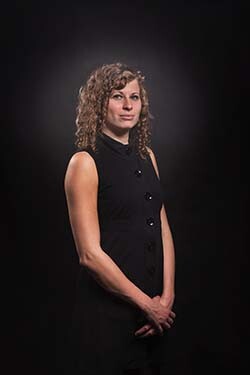
By the time she began teaching in the 1990s, Monius says religious education was undergoing another dramatic overhaul, including a rethinking of categories and basic vocabulary. “Since then, there has been greater focus on revisiting classics in the field and colonial-era scholarship, to consider anew what they might have gotten right,” Monius says. “There is also increasing emphasis on the troubling ways in which the categories the field has tried so hard to question—from ‘religion’ to ‘Hinduism’ or ‘Buddhism’—are often heavily politicized.”
Monius suggests that global conflict is making religious studies at universities more important. “After 9/11, nobody—no college dean or chair of any department—thinks religion is not important in the world today,” she says. “Whether they’re thinking about ISIS or ISIL running through Syria or Iraq, there’s no doubt religion is something that’s important for students at any level of university or college life to have some understanding of to be thinking citizens of world.”
As a result, colleges and universities face a challenge when it comes to teaching religion. Students are increasingly taking up religious studies in hopes of gaining a better understanding of politics, economics, and international affairs. To keep up with demand, religious studies programs have to put more effort into developing courses for students in other disciplines.
“We have to shift away from teaching religion exclusively to students who are concentrating in the subject or who are doctoral students,” Monius says. “In fact, we have to think more and more—if a student at Harvard takes only one course in religious studies, what should that course be, what should it look like? Speaking to contemporary events and showing the way religion is deeply enmeshed in politics, economics, sociology, historical structures, that is something the field has to attend to more carefully moving forward.”
Bringing together students from different disciplines presents opportunities—and challenges. Just as each faith is different, so too is each discipline’s methodological language. The goal at Harvard is to transcend such differences and create a common understanding across the departments, Monius says. Politics, economics, and religion, for instance, use different research methodologies. Last year, in an attempt to bridge this gap, Monius leveraged her role as acting director of the Center for the Study of World Religions to convene an interdepartmental conference, a first step in cross-department collaboration.
“Those of us who devote our entire academic lives to the study of religion have to lead the way,” she says.
Photos by Ben Gebo
Get the Latest Updates
Join Our Newsletter
Subscribe to Colloquy Podcast
Simplecast


